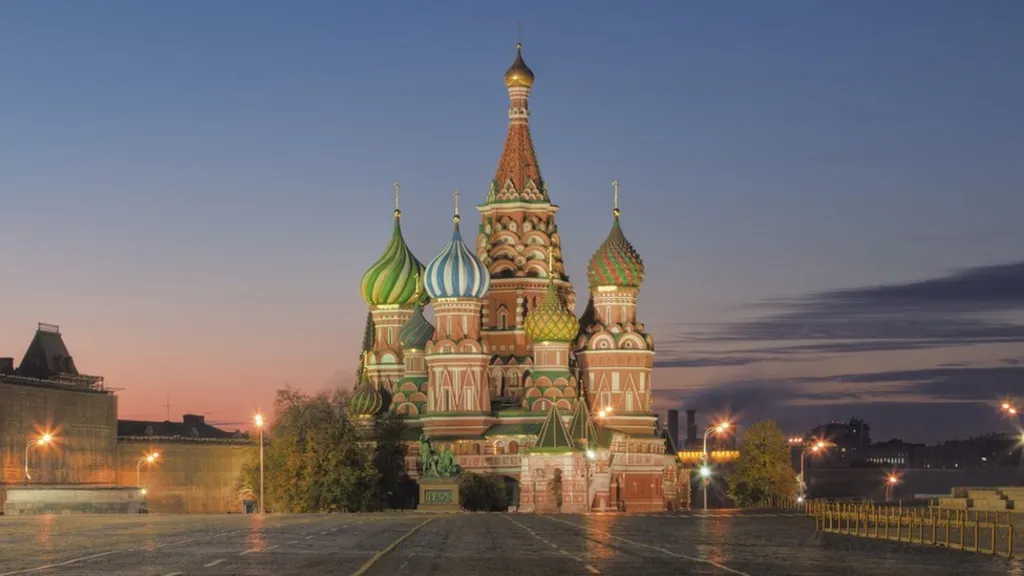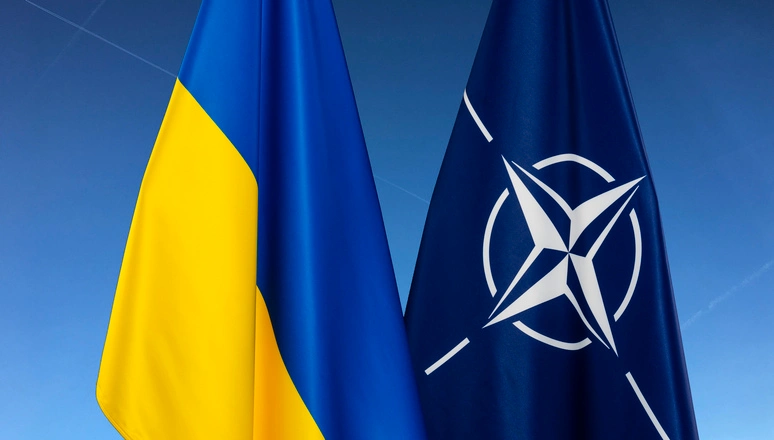What is NATO?
- The North Atlantic Treaty Organization (NATO) is a military alliance established in 1949 to ensure collective security among its member nations.
- Initially formed to counter the Soviet Union during the Cold War, NATO has evolved into a multifaceted security organization addressing modern challenges such as cyber threats, terrorism, and crisis management.
- It currently comprises 32 member countries from North America and Europe.
- Its core principle, as stated in Article 5 of the NATO Treaty, is that an attack on one member is considered an attack on all.
NATO’s Role in the Russia-Ukraine War
- Following Russia’s full-scale invasion of Ukraine in February 2022, NATO has taken on a critical role in supporting Ukraine and deterring Russian aggression, although it is not directly involved in combat.
- NATO views the invasion as a violation of international law and a major threat to European stability.
Military Assistance to Ukraine
While Ukraine is not a NATO member, several member states—such as the United States, the United Kingdom, Germany, and Poland—have provided substantial military aid. This includes:
- Supply of advanced weapons like drones, tanks, and air defense systems.
- Military training to enhance Ukrainian soldiers’ combat readiness.
- Intelligence sharing to support battlefield strategies.
Additionally, NATO has deployed forces and defense systems to countries in Eastern Europe—like Poland, Romania, and the Baltic states—to prevent the spillover of the conflict.

Economic Sanctions on Russia
To weaken Russia’s war capabilities, NATO countries have implemented extensive economic sanctions, including:
- Freezing Russian assets held abroad.
- Banning Russian oil and gas imports to cut major revenue streams.
- Blocking Russian banks from international systems like SWIFT.
- Restricting exports of high-end technology and military-related equipment.
These sanctions are designed to undermine Russia’s financial and technological base and compel it to reconsider its military actions.
Diplomatic Isolation of Russia
NATO has played a central role in uniting Western powers diplomatically against Russia. In collaboration with the European Union and the United Nations, NATO has:
- Pushed for ceasefire negotiations and peace processes.
- Supported international investigations into alleged Russian war crimes.
- Engaged with non-NATO countries to create a wider coalition against Russian aggression.
This has led to Russia’s increasing diplomatic isolation on the global stage.
Ukraine’s NATO Membership Aspirations
- The war has intensified Ukraine’s efforts to join NATO. While NATO has expressed support for Ukraine’s eventual membership, no concrete timeline has been provided.
- Russia sees NATO expansion as a direct threat to its national security and has cited it as one of the primary reasons for its invasion of Ukraine.
NATO Expansion and Strategic Realignment
The ongoing war has revitalized NATO’s strategic posture. Key developments include:
- Finland joined NATO in 2023 and Sweden in 2024, strengthening NATO’s northern flank.
- Increased defense spending by member states, aimed at enhancing deterrence and military preparedness.
These steps reflect a broader realignment of NATO’s priorities in response to changing geopolitical threats.
NATO’s Evolving Global Role
- While NATO has avoided direct military engagement, its comprehensive support—military, economic, and diplomatic—has significantly shaped the Russia-Ukraine conflict.
- The war has reaffirmed NATO’s relevance as a key global security actor committed to defending democracy and maintaining international order in the face of authoritarian aggression.













